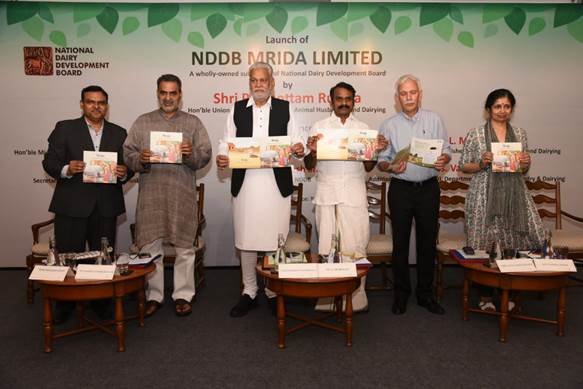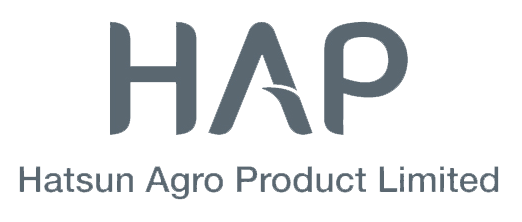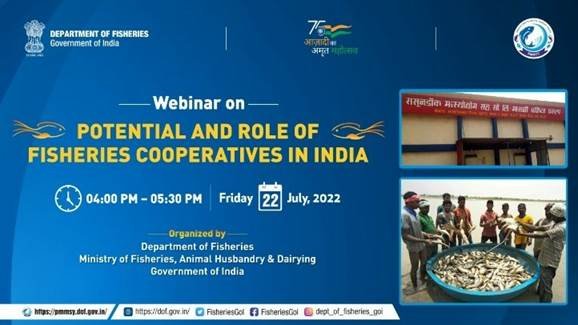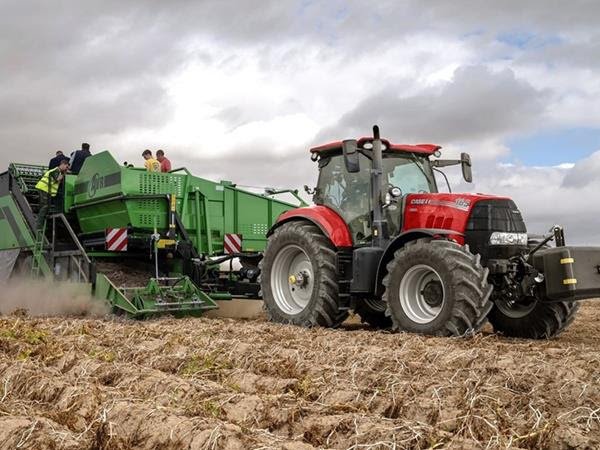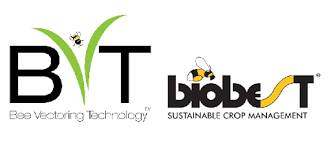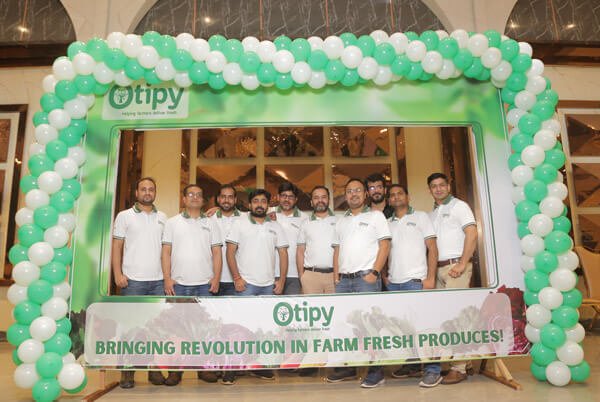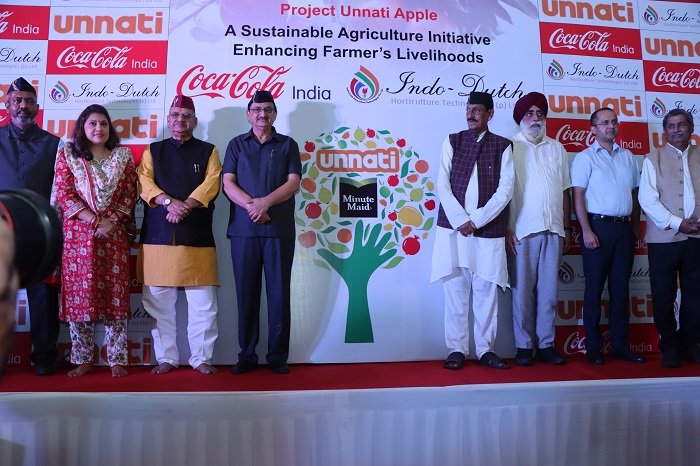Ministry of FAHD launches ‘MRIDA Limited’ NDDB’s subsidiary for manure management
NDDB MRIDA Limited, will open avenues of additional income to dairy farmers from sale of slurry/ dung.
Parshottam Rupala, Union Minister of Fisheries, Animal Husbandry and Dairying has launched NDDB MRIDA Limited, a wholly-owned subsidiary company of National Dairy Development Board to take forward manure management initiatives across the country in presence of Dr Sanjeev Kumar Balyan, MoS, FAHD and Dr L Murugan, MoS, FAHD. Atul Chaturvedi, Secretary, DAHD, Govt. of India, Meenesh Shah, Chairman, NDDB, Ms Varsha Joshi, Additional Secretary (CDD), DAHD, and Sandeep Bharti, newly appointed Managing Director of NDDB MRIDA Limited.
NDDB has established NDDB MRIDA Limited, an Unlisted Public Limited Company under the Companies Act, 2013 on July 1, 2022 as with the paid-up capital of Rs. 9.50 crore.On the occasion, Rupala said NDDB Mrida Ltd will open avenues of additional income to dairy farmers from sale of slurry/ dung. He added that it will help in savings to the farmers by virtue of replacement of cooking fuel with biogas. He further said that efforts are being made for better utilisation of bovine dung but most are individual initiatives and this new company will provide structured impetus to manure management efforts.
Meenesh Shah, Chairman, NDDB and NDDB Mrida Ltd said “NDDB Mrida Ltd will take up setting up of manure value chain, biogas based CNG generation, biogas-based energy generation for dairy plants. He added thst the new company will explore opportunities to efficiently use cattle dung as ingredient for various applications in different industries and as a replacement to traditional wood, clay, paint, etc.”
Shah also added that the company will undertake research and development on cost effective technologies for efficient dung management and a major area of focus will be establishing revenue generation models at the village-level through sale of cattle dung-based products. He added that the company will provide marketing and sale support to agencies manufacturing gobar-gas slurry-based fertilisers and establish mechanisms to accrue carbon revenue from the projects to generate additional revenue stream for dairy farmers.
On this occasion, Dr Balyan launched a brochure on NDDB MRIDA Limited and Dr Murugan handed over NDDB’s SUDHAN trademark to Chairman and MD, NDDB MRIDA Limited.
NDDB MRIDA Limited, will open avenues of

